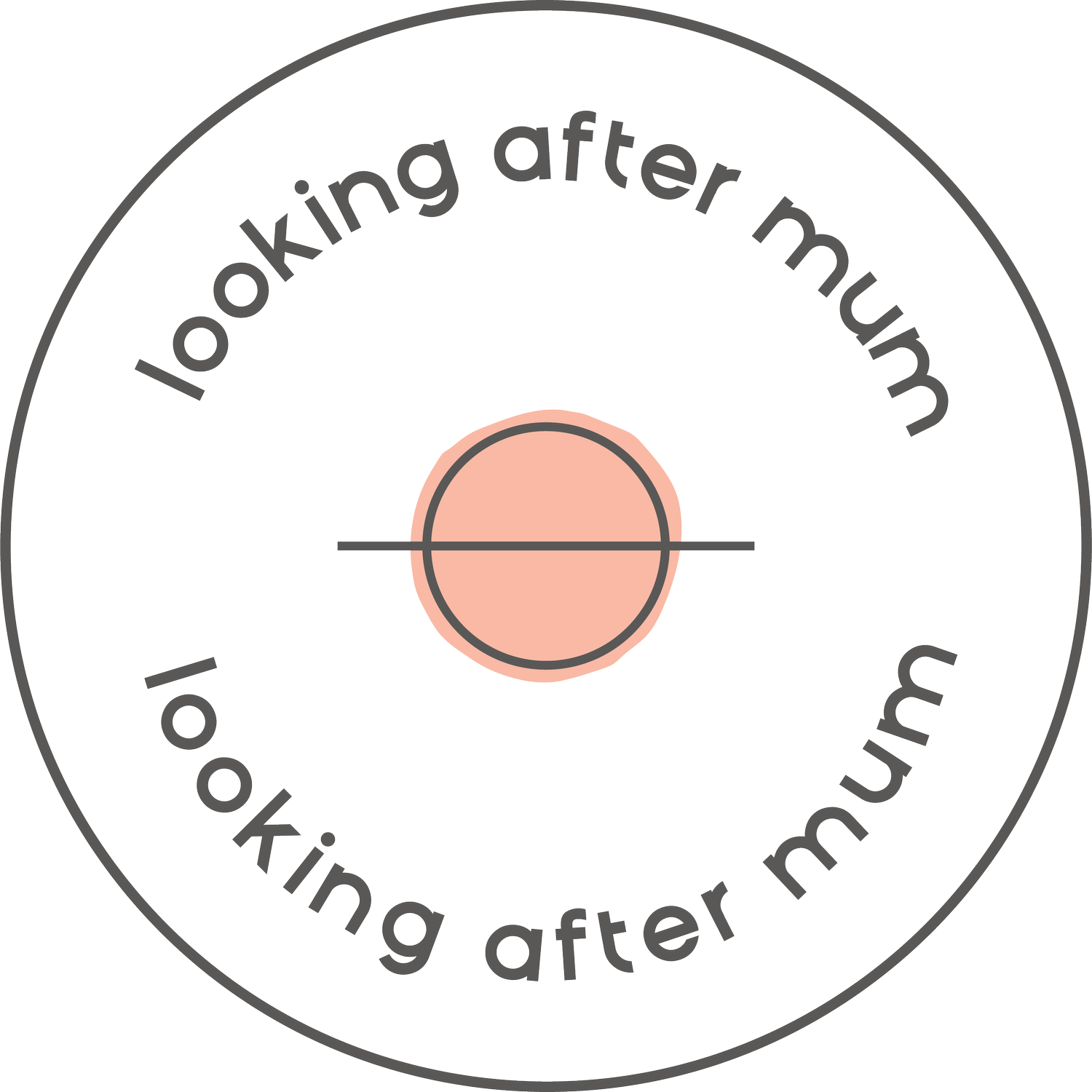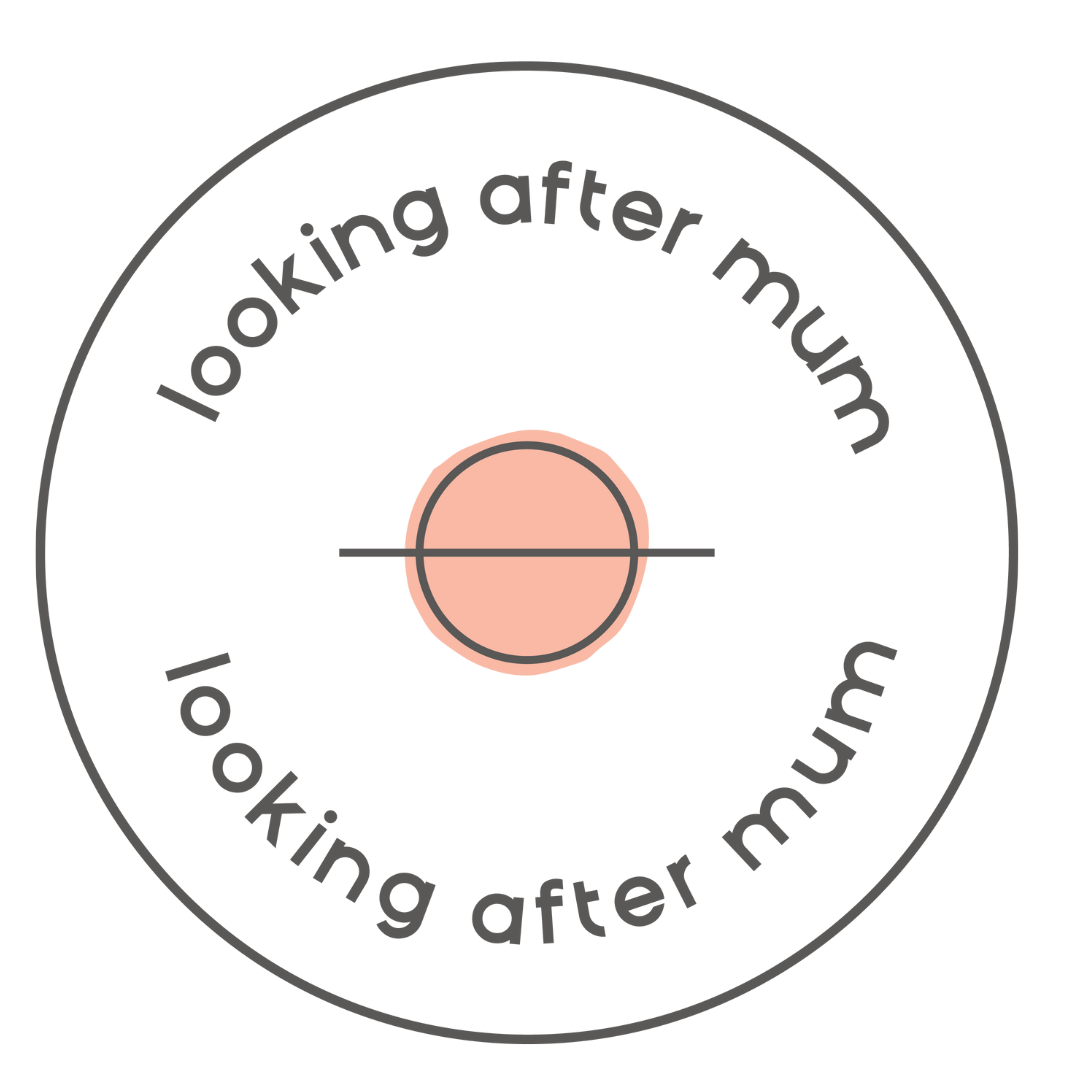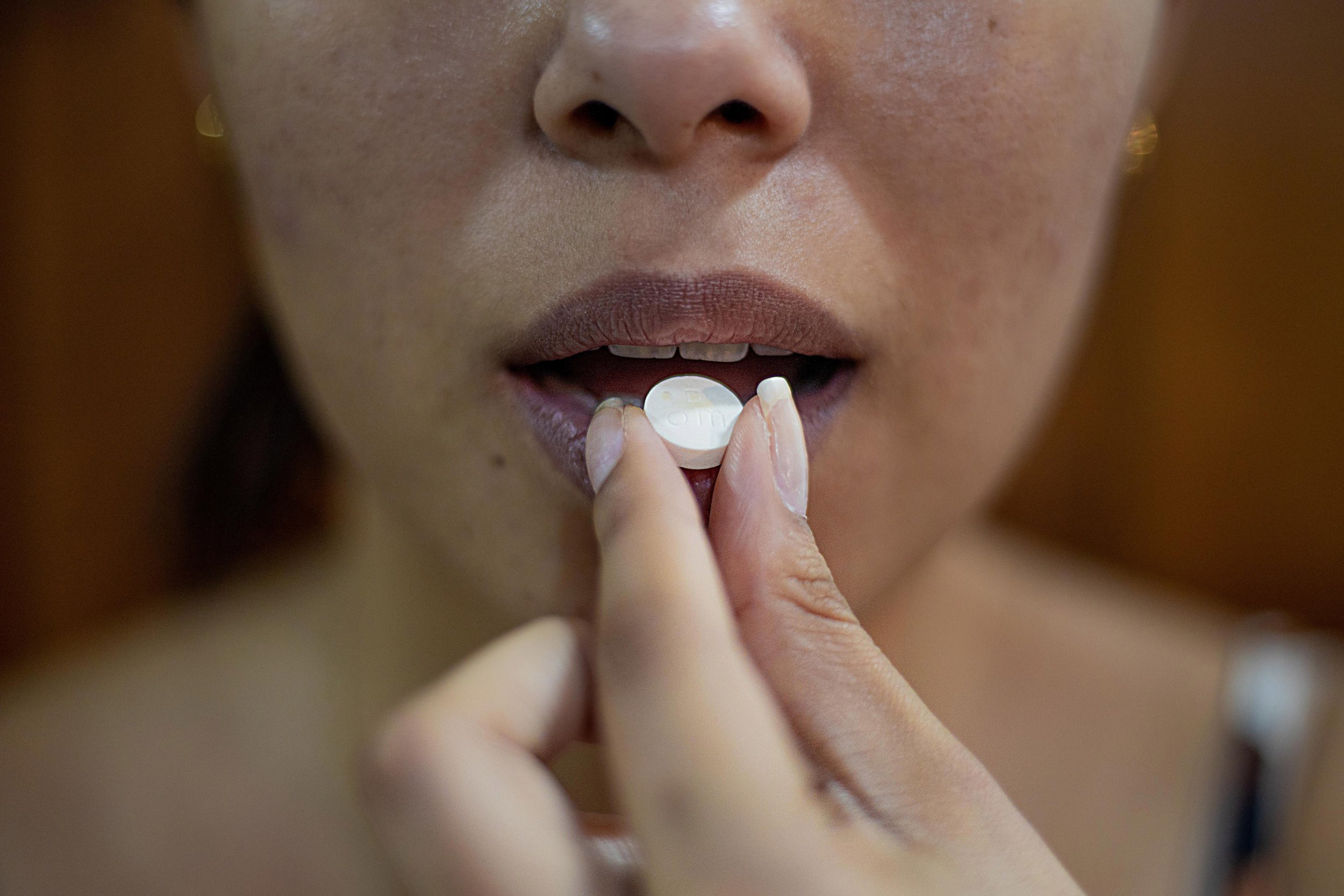What can you do to help yourself if you don't want to take anti-depressants?
What comes to your mind when I say anti-depressant?
Quite possibly, a pill. Or medication of some sort.
I am not against the use of medication. Over the years, I have heard of many success stories of clients making positive changes in their lives whilst taking medication. If you are taking anti-depressant medication right now, please know that I am not in any way saying that medication is unhelpful. It can be extremely beneficial for many people.
What I am against is people feeling like they should take anti-depressant medication because it is offered to them by a doctor. In some instances, I have heard of my clients feeling pressured into taking medication, despite not wanting to.
I am against being part of a medical system that routinely offers anti-depressant medication but fails to consider how other aspects of that person's life may be impacting them.
For example, rather than offering a pill, how about some additional support to help you overcome the loneliness and disconnection that is so common as a new mum? How about eating a nutritious diet? Or how about providing information about the healing effects of spending time in nature? Somewhere along the way, ideas such as nutrition have become alternative treatment options, whereas taking medication remains mainstream.
What can I do if my doctor is offering me medication?
Firstly, decide whether YOU want it. Do your research. If you think that medication may be helpful for you, then try it.
However, don't accept medication just because the doctor has offered it to you. If they have suggested it, it doesn't mean that you NEED it. It is an option for you that you can use if you want. If you don't feel comfortable taking it, or would like to try something else, ensure that you speak your mind.
In my experience working in the NHS for 13 years, this may feel easier with some doctors than others. Hopefully, you will be with a GP who listens to your choices and works with them. However, I know that this is not always the case. Regardless of what care you receive, your choices are still just as important and valid.
How can you help yourself if you don't want to take medication?
Firstly, therapy. As a therapist, I am incredibly biased towards the power of talking therapy. I believe that all mums could benefit from this. However, I also think that many other options are available to news mums that don't involve talking to a therapist if this doesn't feel right for you.
Alternatively, or in addition to therapy, I suggest that you become aware of the aspects of life that act as an 'anti-depressant' to you.
What makes you feel that little bit better when you do it?
What makes it feel harder to feel bad?
For example, one of my 'anti-depressants' is exercising, particuarly if it is outside. If I take 20 minutes of exercise in the morning, it will not change my life. But it will make it harder to be in a bad mood and more likely to have positive thoughts for the rest of my day.
So, what are your natural anti-depressants?
Your anti-depressants could be anything and will be very personalised to you. Try to choose some activities that you can do with a baby and those that may require alone time. Some ideas are:
Yoga
Meditation
Listening to a podcast
Drinking a smoothie
Making your bed
Talking to a friend
Walking in nature.
Massage
Going to the aquarium(?!)
Good coffee
Drinking herbal tea
Note anything that involves connection will be crucial to healing and improving your mood. Connection is the anecdote to so many mental health difficulties. Try to foster meaningful links with others in as many ways as possible.
Then, do these things regularly. Prescribe yourself this activity if you will. For example, you may choose to say to yourself, "I will call one friend per day" and " I will leave the house by noon for a walk in nature each day". You can set yourself a goal to do these, regardless of your mood.
ACT TO A PLAN, NOT A MOOD
Then, after a week, measure any changes in your mood. Perhaps then, add some other activities that will be helpful to your emotional wellbeing.
This article aims twofold, firstly to empower you to make your own decisions when it comes to your care, particularly if you are being offered anti-depressants. Secondly, to inspire you to consider 'alternative' treatment options that can be powerful in improving your emotional wellbeing.
Let me know your thoughts on this.


